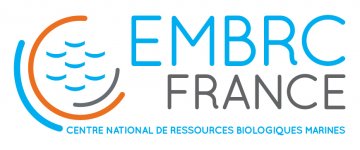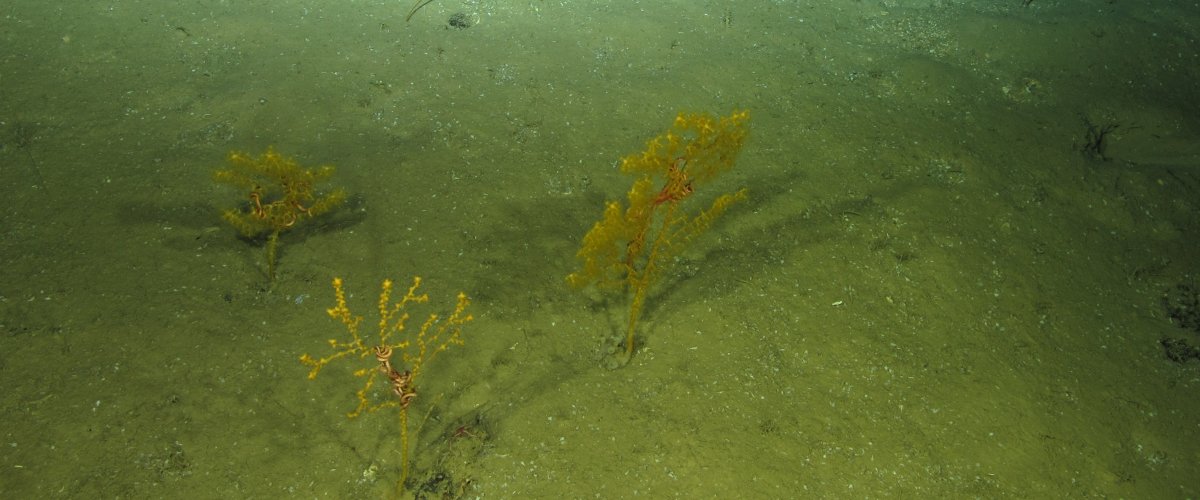The Abyssal World: Dark and Hostile Environment Is the Last Terra Incognita of the Earth Surface
05
Feb
2022
The deep-ocean floor is the least explored ecosystem on the planet, despite covering more than 60% of the Earth surface. Largely unknown life in abyssal sediments, from benthic animals to microbes, helps to recycle and/or sequester the sinking (in)organic matter originating from pelagic communities that are numerically dominated by microscopic plankton. Benthic ecosystems thus underpin two major ecosystem services of planetary importance: the healthy functioning of ocean food-webs and the burial of carbon on geological timescales, both of which are critical regulators of the Earth climate.
Link(s)
Référence
Cordier T., Barrenechea Angeles, I., Henry, N., Lejzerowicz, F., Berney, C., Morard, R., Brandt, A., Cambon-Bonavita, M-A., Guidi, L., Lombard, F., Martinez Arbizu, P., Massana, R., Orejas, C., Poulain, J., Smith, C.R., Wincker, P., Arnaud-Haond, S., Gooday, A.J., de Vargas, C., Pawlowski, J. Patterns of eukaryotic diversity from the surface to the deep-ocean sediment. Science Advances, In Press.
Contact
Colomban De Vargas
Fédération de recherche Global Ocean Systems Ecology and Evolution (GO-SEE)
vargas@sb-roscoff.fr








